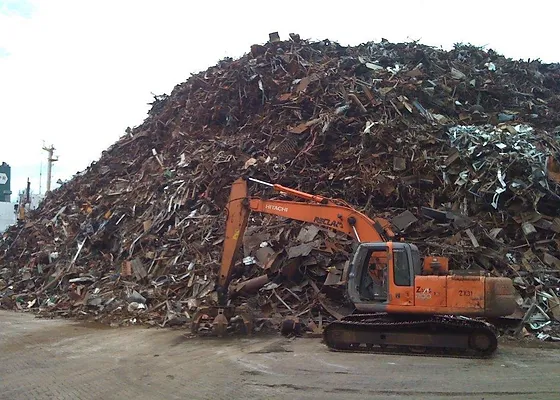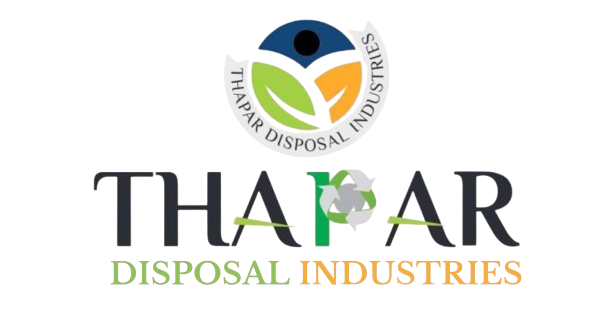
At Disposal, we specialize in the responsible recycling and disposal of various e-waste and metal scrap materials. Our services include the handling of e-waste, EPR credits, motor scrap, iron scrap, old generators, IT assets, and a wide variety of ferrous and non-ferrous metals.
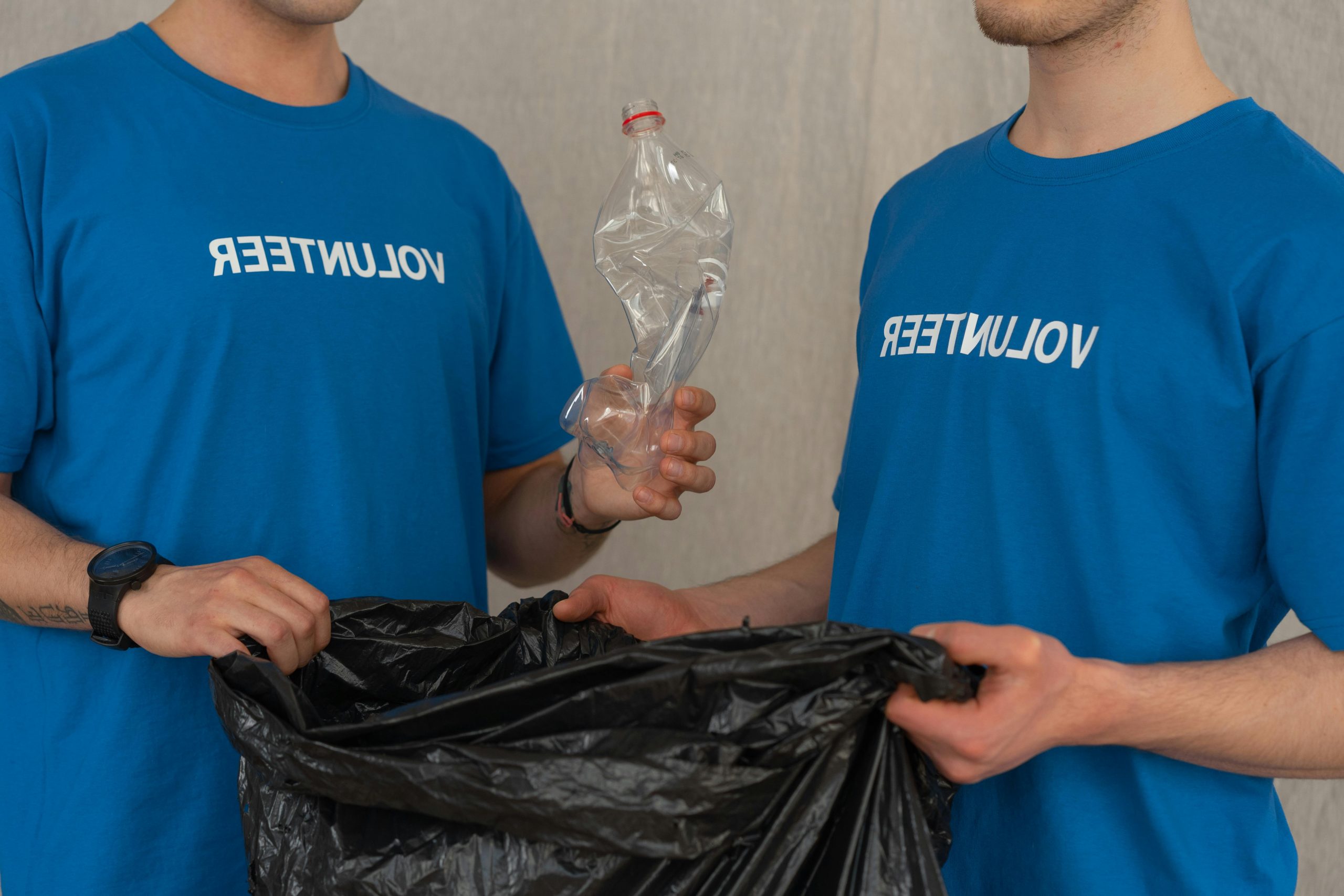
We provide secure disposal of chemicals, medical waste, and other hazardous materials using specially designed containers. Following strict guidelines, we ensure these materials are carefully handled and stored to prevent environmental contamination.
Our full range of recycling services is aimed at helping you minimize your environmental impact.
We are committed to the safe and responsible disposal of hazardous materials, such as chemicals and medical waste, with safety as our highest priority in every aspect of our work.
Let us assist you in reaching your environmental objectives while always prioritizing safety.
E-Waste Scrap includes discarded electronic devices such as phones, computers, televisions, and other gadgets. These items contain valuable metals that can be recycled, as well as harmful substances that require proper disposal to prevent environmental harm. Recycling e-waste enables the recovery of valuable materials while safely handling toxic components, reducing pollution, and promoting sustainability. By recycling e-waste, we conserve valuable resources and decrease the need for raw material extraction, thereby reducing our environmental footprint.
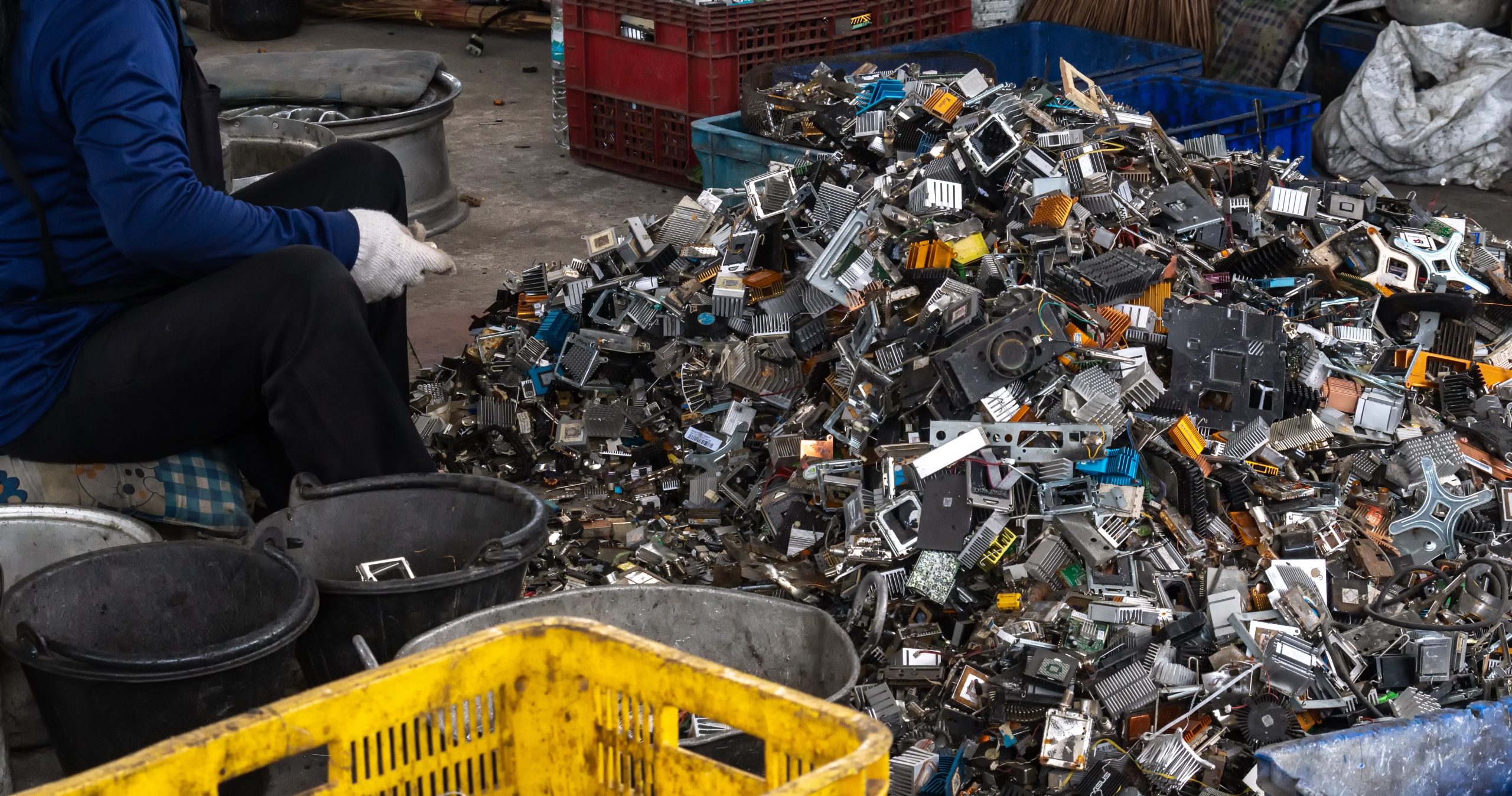

E-Waste EPR Credits are a crucial aspect of the Extended Producer Responsibility (EPR) system, which holds manufacturers accountable for managing the disposal of their products once they reach the end of their lifecycle. For e-waste, this means producers must ensure that electronic products are collected, recycled, and disposed of in an environmentally responsible way.
E-Waste EPR Credits are an essential part of the EPR policy, which aims to shift the responsibility for electronic waste management from consumers to producers. Through this framework, manufacturers are obligated to ensure their products are properly collected and recycled once they are no longer in use.
Motor Scrap refers to discarded electric motors from machinery, appliances, and industrial equipment. These motors contain valuable metals like copper, aluminum, and steel, which can be recycled and reused in manufacturing. Recycling motor scrap helps recover these materials, reducing the demand for raw resources and lessening environmental impact.
Proper handling of motor scrap is crucial, as it may contain hazardous substances such as lubricants and coolants. Ensuring the correct disposal of these materials not only safeguards the environment but also supports a more sustainable and resource-efficient economy.
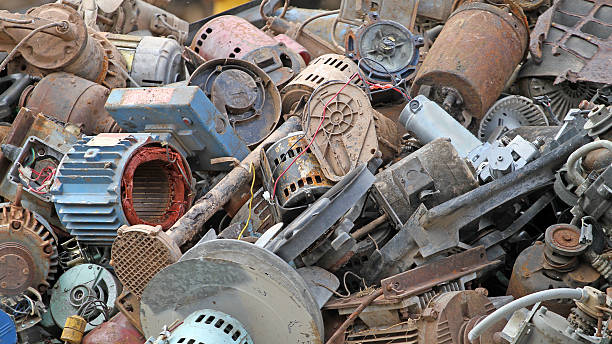
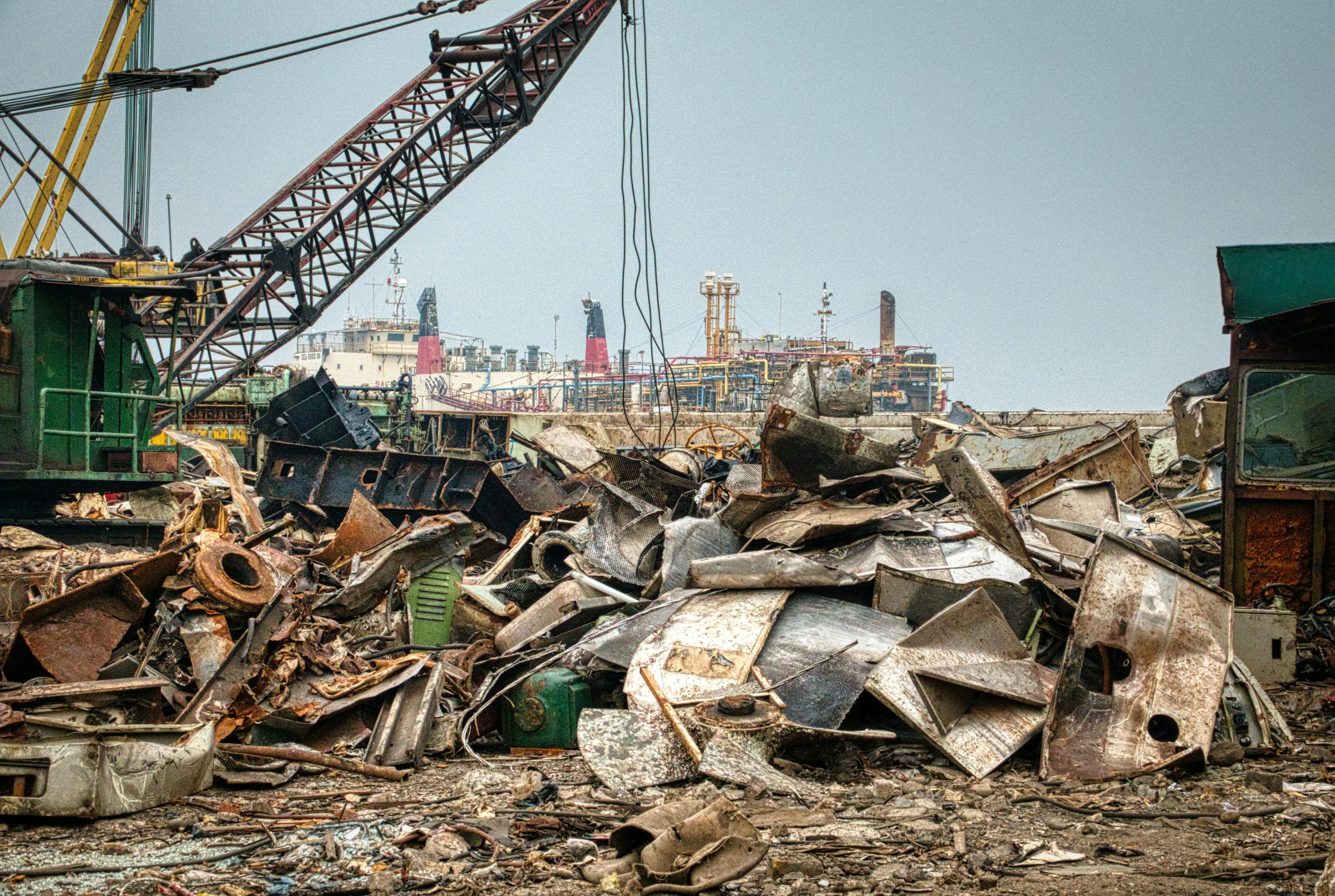
Iron Scrap includes discarded iron and steel materials from industries like construction, automotive, and manufacturing. Recycling iron scrap reduces the need to mine raw iron ore, conserving both natural resources and energy. The recycled iron is melted and repurposed for the production of new products, such as construction materials, machinery, and appliances. Proper recycling and handling of iron scrap not only reduces landfill waste but also encourages sustainable use of metals in various industries.
By recycling, iron scrap is melted down and transformed into new materials, supporting a wide array of applications, from infrastructure projects to consumer products.
Old Generators are decommissioned power units that have completed their operational lifespan. Commonly used in industrial, commercial, and residential settings, these generators contain valuable materials like copper, aluminum, and steel that can be recycled.
Proper recycling of generators also ensures the safe removal and treatment of harmful substances, such as lubricants, coolants, and fuel residues, preventing environmental contamination. This process helps reduce landfill waste and supports responsible resource management.
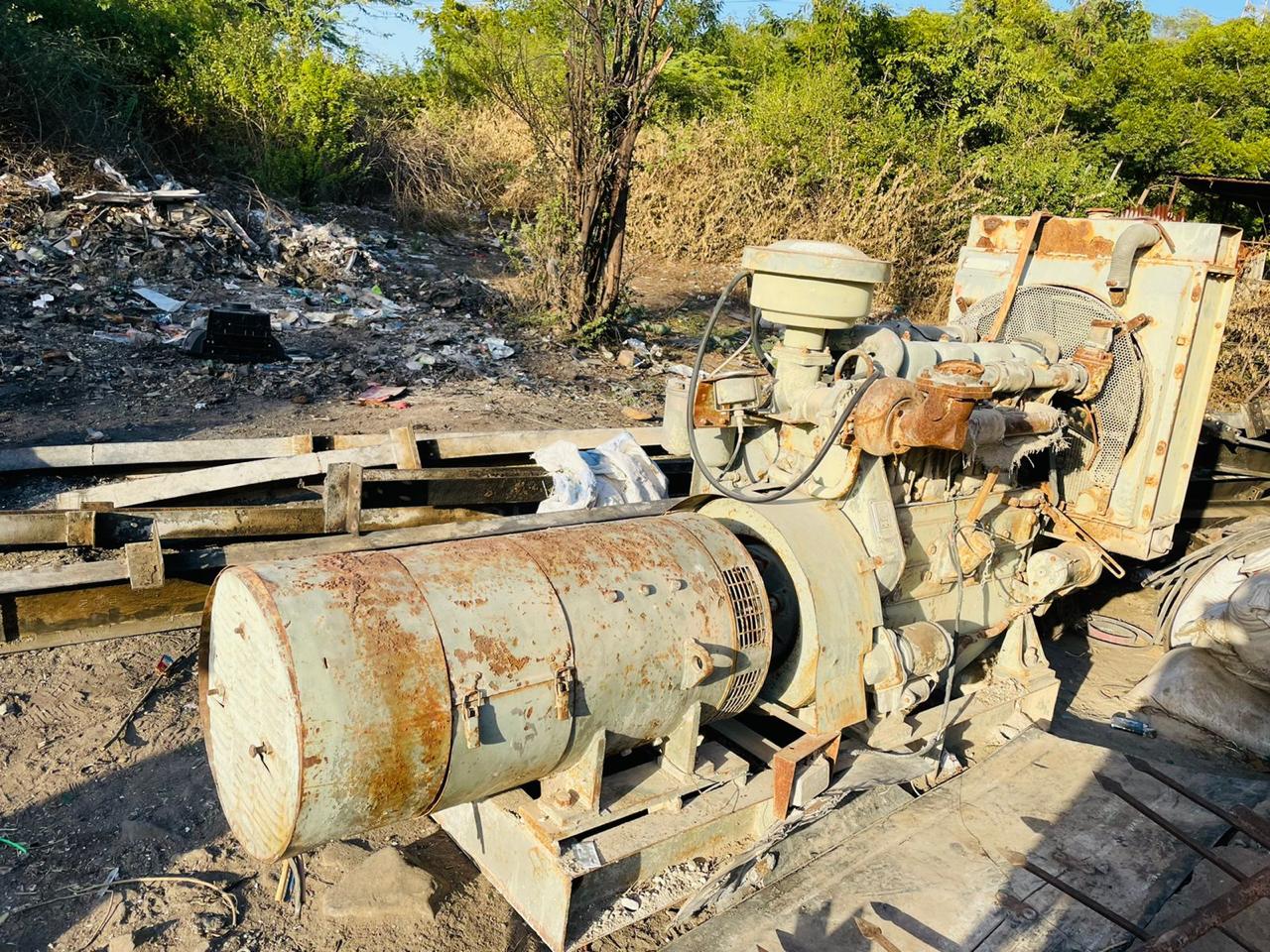
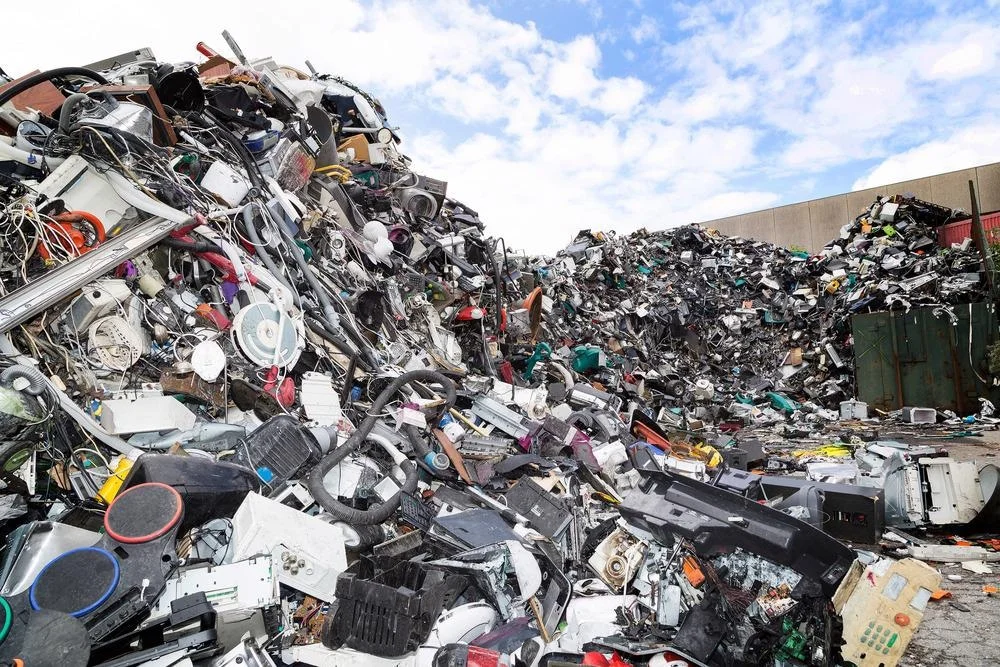
Old IT Assets refer to outdated or unused electronic devices and equipment, such as computers, servers, printers, and networking hardware. These assets often contain valuable materials like metals and plastics that can be recycled, as well as sensitive data that must be securely erased before disposal.
By responsibly managing old IT assets through certified recycling and data destruction services, businesses can ensure compliance with environmental regulations, safeguard sensitive information, and help address the growing challenge of e-waste.
Cast Iron Scraps are discarded pieces of cast iron from items such as machinery parts, pipes, cookware, and construction materials. Cast iron is highly durable and can be melted down and recycled into new products without losing its quality. Recycling cast iron scraps helps conserve natural resources, reduce energy consumption, and lower carbon emissions compared to producing new cast iron from raw materials.
The recycling process for cast iron scraps requires less energy than producing new cast iron, and a reduced environmental footprint. This promotes resource conservation, reduces emissions, and supports a more sustainable approach to waste management.
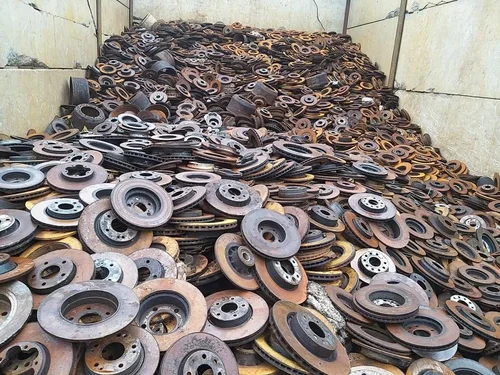
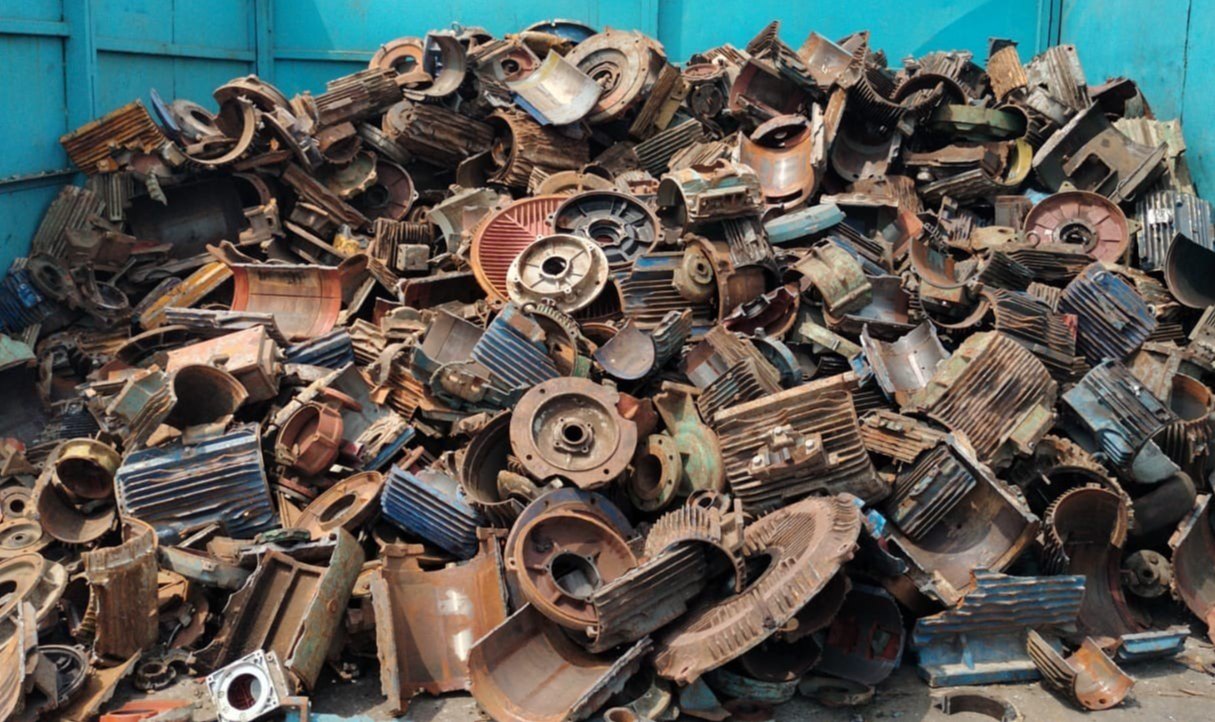
Cast Iron Waste refers to discarded or unwanted cast iron materials, often generated during manufacturing processes, construction projects, or from the disposal of old equipment and parts. While cast iron is known for its durability, improperly managed waste can occupy significant landfill space. Recycling cast iron waste offers an eco-friendly solution, as it can be melted down and reused to create new products, conserving raw materials and lowering energy consumption.
By recycling cast iron waste, industries can reduce their environmental impact and decrease the energy needed to produce new cast iron from raw ore.
Computer Scrap refers to discarded or outdated computer components, including desktops, laptops, circuit boards, and peripherals such as keyboards and monitors. This form of e-waste contains valuable materials like metals (copper, aluminum, and gold) and plastics that can be recycled. Proper disposal of computer scrap is crucial to recover these materials and prevent the release of hazardous substances, such as lead and mercury.
Beyond material recovery, securely handling computer scrap ensures that any residual sensitive data is completely erased, safeguarding individuals and organizations from potential data breaches.
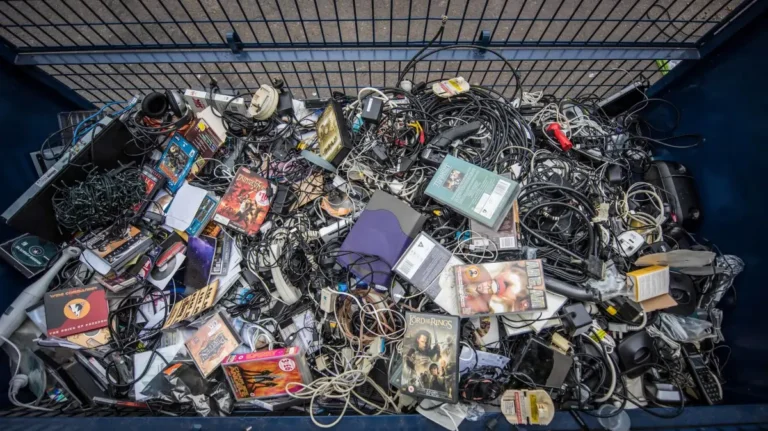
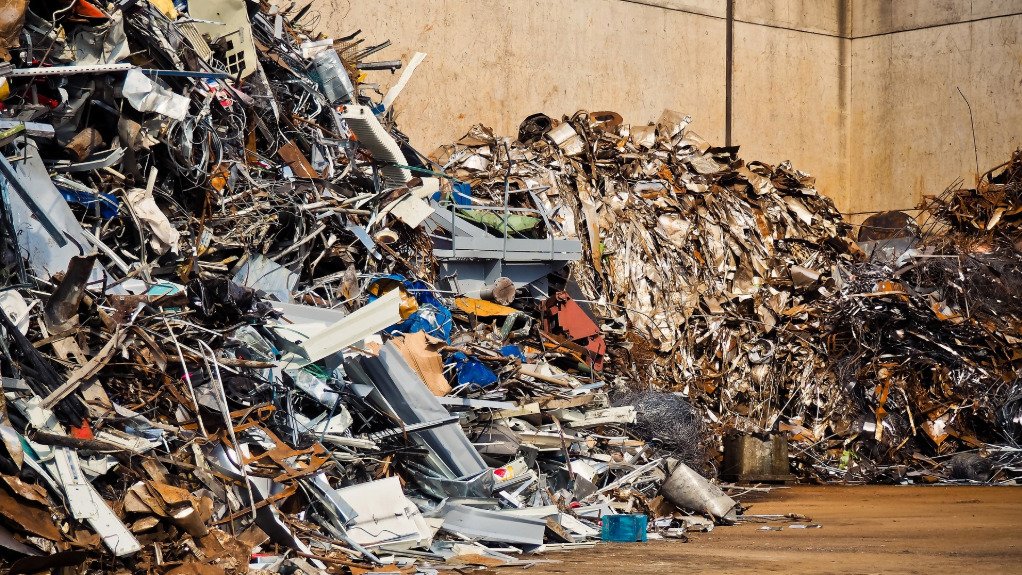
Metal Scrap refers to discarded metal materials that are no longer usable for their original function. This includes metals like aluminum, copper, steel, and iron, often sourced from industries such as construction, automotive, manufacturing, and consumer products. Recycling metal scrap reduces environmental impact by allowing metals to be melted down and reused in the production of new items, resulting in lower greenhouse gas emissions compared to producing metals from raw ore.
Metal Scrap includes a wide variety of discarded metals, such as aluminum cans, copper wiring, steel beams, and iron parts, originating from sectors like construction, manufacturing, and automotive.
Computer Scrap refers to discarded or outdated computer components, including desktops, laptops, circuit boards, and peripherals such as keyboards and monitors. This form of e-waste contains valuable materials like metals (copper, aluminum, and gold) and plastics that can be recycled. Proper disposal of computer scrap is crucial to recover these materials and prevent the release of hazardous substances, such as lead and mercury.
Beyond material recovery, securely handling computer scrap ensures that any residual sensitive data is completely erased, safeguarding individuals and organizations from potential data breaches.
